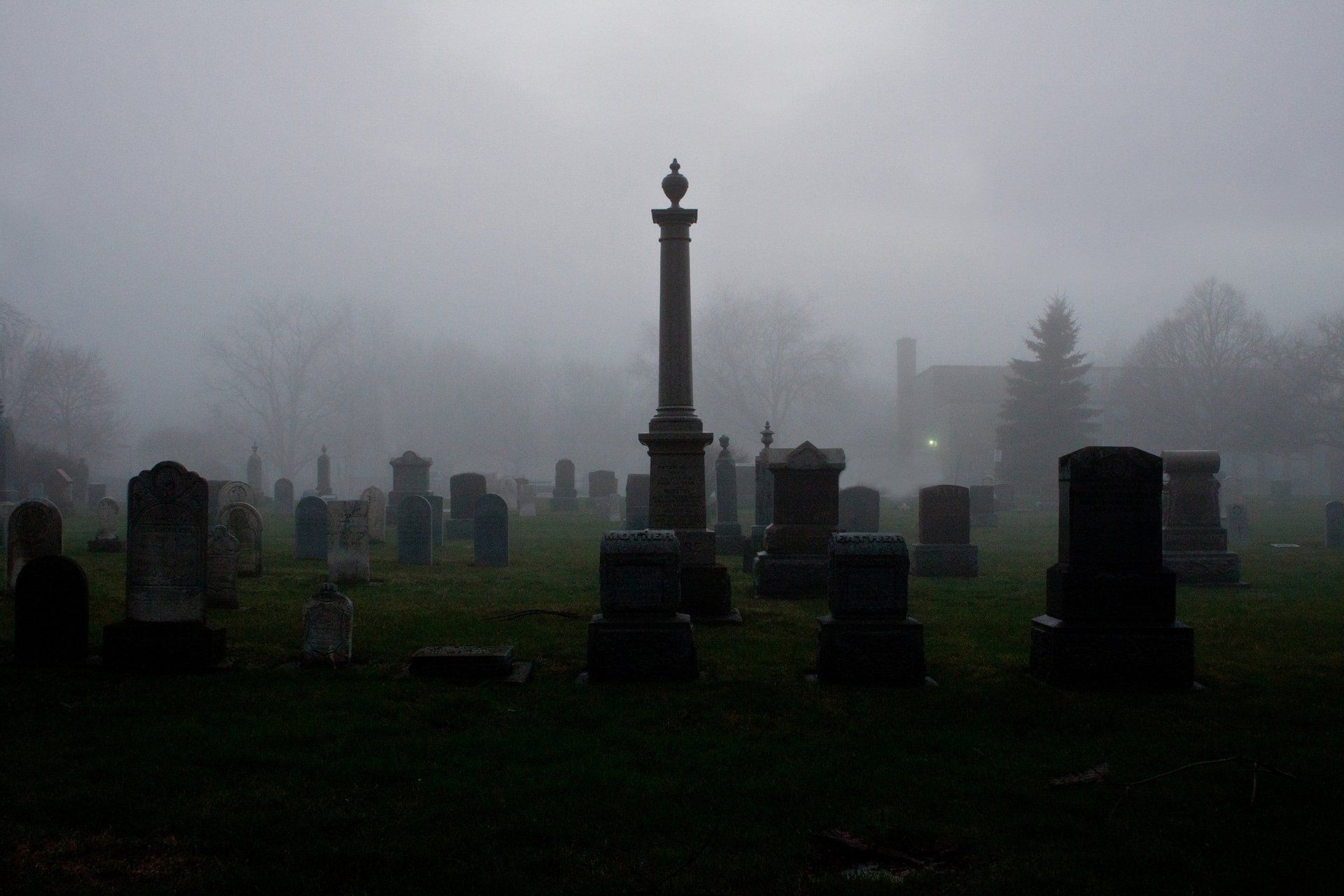What Happens if I Die Without a Will?
Dying without a will is called dying “intestate”. In the event that an individual dies intestate, a will is invalid or simply cannot be found after death then the deceased individual’s (“testator’s”) property passes according to laws specific to the state in which the individual lived.
An individual who dies intestate in Illinois will have his or her estate distributed as follows:
Married with no children : The entire estate goes to the surviving spouse.
Married with child or children : One half of the entire estate goes to the spouse and the other half to the decedent’s descendants.
No spouse survives but there are other relatives : The estate will be distributed in this order of priority:
1) decedent’s descendants
2) parent, brother, sister or descendant of the decedent or of brother or sister
3) grandparent or descendant of a grandparent – one half of the estate to the decedent’s maternal grandparents or their descendants and the other half to the decedent’s paternal grandparents or their descendants
4) great grandparents or their descendants – one half of the estate to the decedent’s paternal side and the other half to the decedent’s maternal side
5) the nearest kin of the decedent
Single person/ widow or widower: The estate will be distributed in the order shown below:
Order of estate distribution if decedent not married: The estate will be distributed in this order of priority:
1) decedent’s descendants
2) parent, brother, sister or descendant of the decedent or of brother or sister
3) grandparent or descendant of a grandparent – one half of the estate to the decedent’s maternal grandparents or their descendants and the other half to the decedent’s paternal grandparents or their descendants
4) great grandparents or their descendants – one half of the estate to the decedent’s paternal side and the other half to the decedent’s maternal side
5) the nearest kin of the decedent
No surviving relatives The real estate reverts to the county in which it is located; all other personal property becomes the property of the county in which the decedent was a resident or becomes the property of the state of Illinois and should be delivered to the State Treasurer.
An individual who dies intestate in Minnesota will have his or her estate distributed as follows:
Married with no children The spouse receives the entire estate if there are no children.
Married with child or children
1)The spouse receives the entire estate if the decedent’s surviving children are also the children of the spouse and there is no other descendant of the spouse.
2) The spouse receives the first $150,000 plus one half of the estate balance if all of the decedent’s surviving children are also descendants of the spouse and the spouse has surviving descendants who are not descendants of the decedent or if the decedent’s surviving descendants are not descendants of the spouse.
No spouse survives or the deceased was single but there are other relatives The order of distribution is as follows:
1) parents
2) descendants of the decedent’s parents
3) grandparents or descendants of the grandparents
4) next of kin
No surviving relatives The estate passes to the state of Minnesota.
Special Notes Any individual who fails to survive the decedent by at least 120 hours is deemed to have predeceased the decedent for purposes of inheritance.
An individual who dies intestate in Wisconsin will have his or her estate distributed as follows:
Married with no children: Surviving spouse or domestic partner gets entire estate.
Married with child or children:
1) If all of the decedent’s surviving children are also children of the surviving spouse or domestic partner, that surviving spouse or domestic partner is entitled to the entire estate.
2) If one of the decedent’s surviving children is not the child of the surviving spouse of domestic partner, the surviving spouse or domestic partner gets one half of the decedent’s property (other than marital property or property held equally and exclusively with the surviving spouse or surviving domestic partner as tenants in common).
Order of estate distribution if spouse or domestic partner survives: Any portion of the estate not going to the surviving spouse or domestic partner, is distributed in the following order:
1) Surviving children
2) Parents or issue of parents
3) Siblings and issue of any deceased sibling
4) Grandparents and their issue
No spouse survives but there are other relatives:
1) Surviving children
2) Parents or issue of parents
3) Siblings and issue of any deceased sibling
4) Grandparents and their issue
Order of estate distribution if decedent not married, widow or widower
1) Surviving children
2) Parents or issue of parents
3) Siblings and issue of any deceased sibling
4) Grandparents and their issue
No surviving relatives: The estate goes to the state of Wisconsin to be added to the capital of the school fund.
By Michael Brennan
Michael F. Brennan runs a virtual law office helping clients in Illinois, Wisconsin, and Minnesota with estate planning and business law issues. He can be reached at michael.brennan@mfblegal.com with questions or comments, or check out his website at www.thevirtualattorney.com.
The information contained herein is intended for informational purposes only and is not legal advice, nor is it intended to create an attorney-client relationship. For specific legal advice regarding a specific legal issue please contact me or another attorney for assistance.









